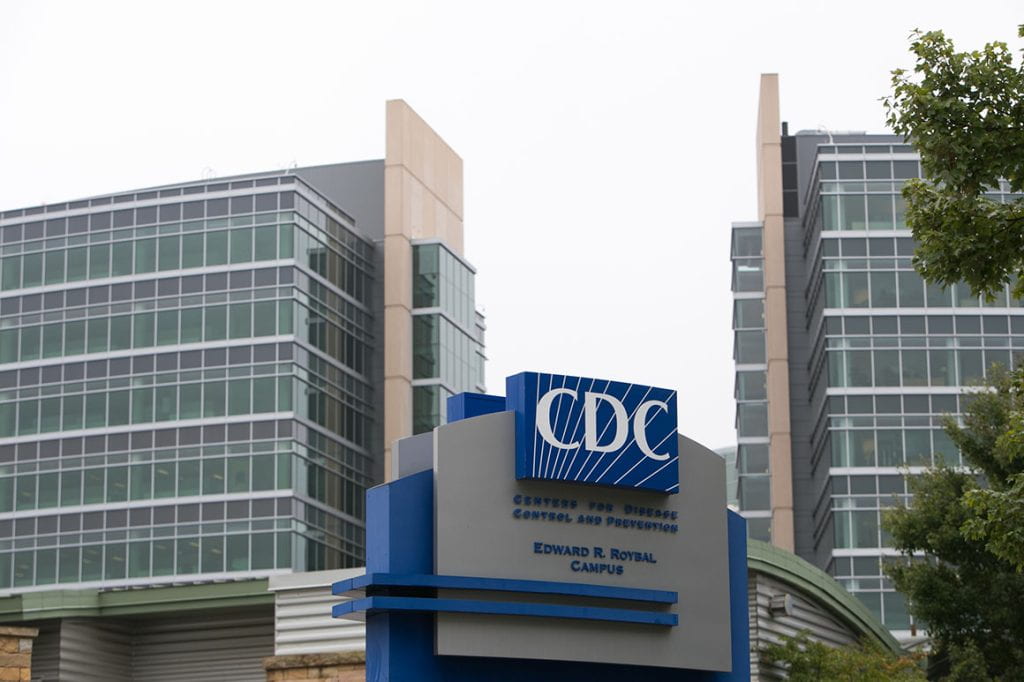May 31, 2024 | Kimberly Randall

Background
Childcare costs are one of the most widespread barriers to preventing parents from re-entering or staying in the workforce. According to the Economic Policy Institute, in Alabama, the average cost of childcare for a single child is over $6,000 per year, accounting for almost 12% of a median family’s income of $50,335. According to a study by Alabama State University, those numbers are unlikely to improve, as roughly 17% of childcare facilities surveyed said they increased prices due to the pandemic, and prices in those facilities went up by an average of 17%.
An estimated 13,000 parents who are work-eligible are currently unemployed due to childcare restrictions. As Alabama’s economic infrastructure continues to grow, offering affordable solutions for childcare in the state is necessary to access the workforce needed to sustain corporate development. While Alabama has a historically low unemployment rate of 2.2%, workforce participation is among the lowest in the country at just 57.1%, continuing a trend of being under the national average that goes back to the mid-1970s.
Proposed legislation
According to the bill text, HB358 “serves a public purpose by conferring a direct public benefit … through the promotion of public health, safety, morals, security, prosperity, contentment, and the general welfare of the community [by] increasing the quality of childcare to the general public, which has the effect of encouraging high-quality care and education for children and facilitating greater workforce participation throughout the state.” Through a series of tax credits to businesses, the legislation hopes to have more Alabamians enter the workforce and gain employment by improving the quality and availability of childcare options for working parents.
At its core, the legislation offers an incentivized tax credit to employers who assist with the childcare needs of their employees. The tax credit is eligible for employers for:
- The construction, renovation, expansion, or repair of a childcare facility, or for the purchase of equipment for such facility, or for the maintenance and operation thereof.
- Payments made to childcare facilities or employees for the provision of childcare at childcare facilities for children of employees.
- Payments made to childcare facilities to reserve services for children of employees.
The bill specifically defines children as direct dependents under the age of 5 and restricts the tax credit to individuals who make less than $80,000 per year before overtime or bonuses. Additionally, the tax credit is tiered depending on the quality rating of the childcare providers, pressuring facilities to increase or maintain their ratings for increased funding opportunities. Each decreasing quality rating results in a decreased tax credit:
- (1) Five-star quality rating – two thousand dollars ($2,000) per eligible child.
- (2) Four-star quality rating – one thousand seven hundred fifty dollars ($1,750) per eligible child.
- (3) Three-star quality rating – one thousand five hundred dollars ($1,500) per eligible child.
- (4) Two-star quality rating – one thousand two hundred fifty dollars ($1,250) per eligible child.
- (5) One-star quality rating – one thousand dollars ($1,000) per eligible child.
Companies are eligible to apply for 75% of their expenses as a tax credit if a medium or large-sized organization, and 100% of their expenses in this area if they are small businesses. The bill provides special consideration of funding for small businesses, rural providers, and grants for non-profits. The total tax credits awarded shall not exceed $15,000,000 in its first year but have steady increases year over year until its sundown clause in 2027.
Impact
Many solutions for childcare accessibility have been suggested over the years, however, Alabama elected for an employer-first method rather than a direct-to-employee method, largely because of the vast number of Alabamians who file taxes using the standard deductions rather than itemized where the tax credit would appear. Because of this, a large portion of the intended population had the potential to not receive the benefits. Childcare has been highlighted as one of the key barriers in increasing Alabama’s workforce participation rate, alongside transportation and vocational training.
Women are more dominantly affected by childcare limitations. A growing body of research shows that access to quality childcare in early development results in long-term health outcomes for children, such as improved cardiovascular and metabolic health, and reduced smoking in adulthood. Center-based care, specifically, shows an increase in kindergarten readiness and social skills, allowing for potential educational benefits of this program.
At an economic level, the childcare tax credit is expected to offer a $1.3 billion of economic activity in the state.
Next Steps
HB358 was largely bipartisan, with public support from both the Speaker of the House and the Minority House Leader, who was also the champion, and passed on April 18 unanimously. It was signed into law by Governor Ivey on May 8th.
The legislation will go into effect on January 1, 2025, and has a current sundown clause of December 31, 2027, if not renewed. The legislation text specifically states that a review of the data collected during this initiative must be analyzed and considered prior to any extensions.






